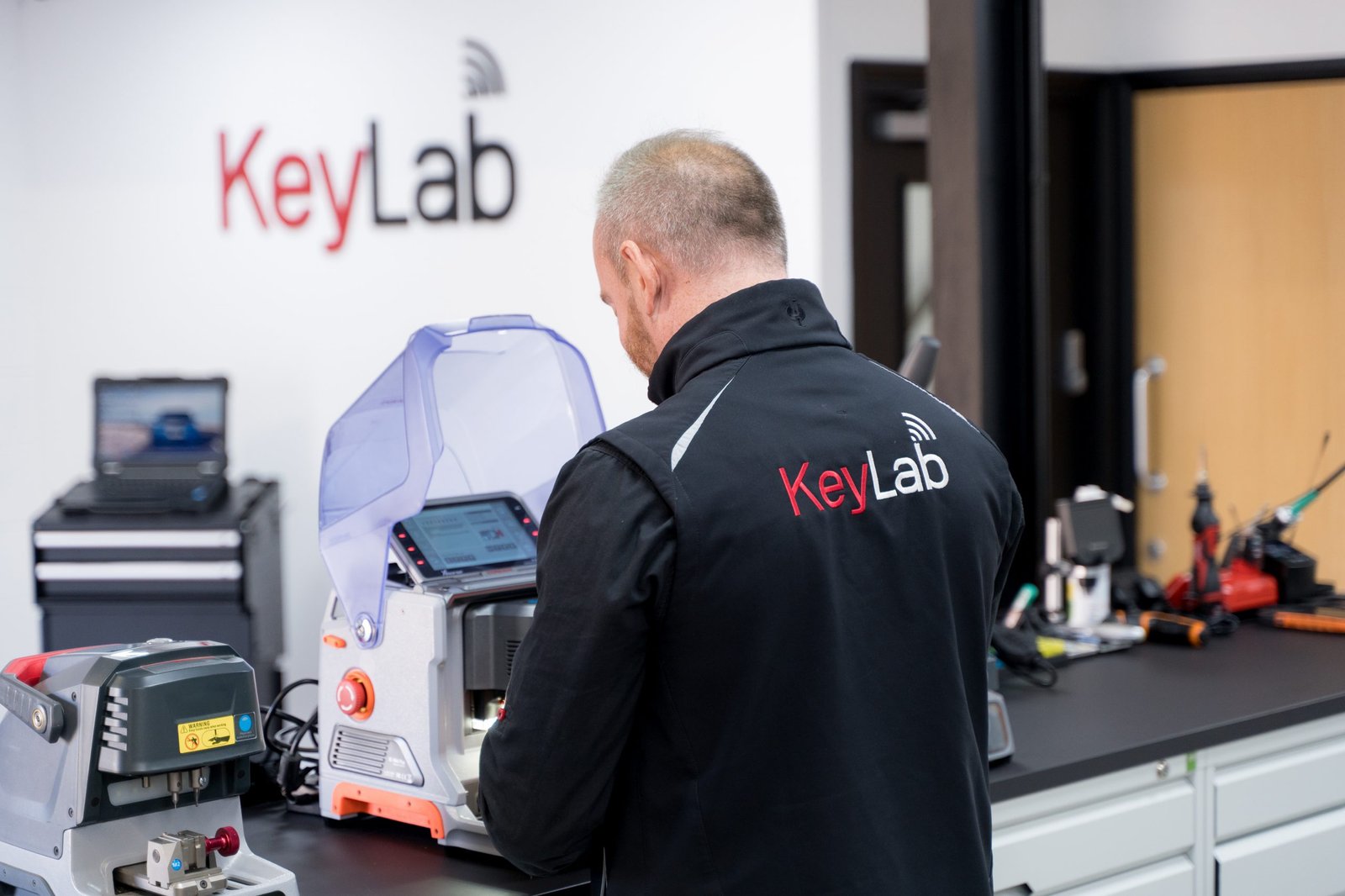Five Things You Didn't Know About Key Replacements
Comprehensive Guide to Car Key Replacements: Understanding Your Options
In today's hectic world, losing or damaging a car key is an increasingly common affair. Electronic Car Key Replacement have evolved substantially over the years with developments in technology, and car owners now have a range of alternatives to think about. This article will explore the various kinds of car keys, approaches for replacement, expense implications, and other essential factors to consider for car key replacements.
Types of Car Keys
Understanding the types of car keys is necessary for understanding the replacement alternatives readily available. Below is a summary of the various types:
Type
Description
Standard Key
A non-electronic key that mechanically opens the door and ignition.
Transponder Key
A key embedded with a microchip that interacts with the car's ignition system for added security.
Key Fob
A remote control utilized to unlock doors and begin the engine wirelessly. Frequently includes a transponder chip.
Smart Key
Allows keyless entry and ignition, making use of distance sensors and advanced technology.
Valet Key
A limited key that limits access to specific features of the vehicle, normally utilized by parking attendants.
Comprehending the Replacement Process
When it concerns car key replacements, it is crucial for car owners to be aware of the alternatives offered. The following methods illustrate how car keys can be replaced:
1. Dealership Replacement
- Process: The vehicle owner visits the dealership and supplies evidence of ownership. The dealer may require the Vehicle Identification Number (VIN) and additional recognition.
- Pros: Trusted source, ensured compatibility, typically consists of shows.
- Cons: Typically the most expensive option.
2. Expert Locksmith
- Process: A licensed locksmith professional checks out the car location or runs from their store. They cut and program the replacement key.
- Pros: Generally less expensive than car dealerships and can offer a variety of key alternatives.
- Cons: Limited ability for some innovative keys and fobs, may not have OEM (Original Equipment Manufacturer) parts.
3. Do-It-Yourself (DIY)
- Process: Car owners can acquire key blanks and shows sets online or from hardware stores. Follow particular guides for programs.
- Pros: Cost-effective and hassle-free.
- Cons: Risk of errors, lack of professional quality, and possible security problems.
4. Mobile Key Cutting Services
- Process: Mobile services come to your place to cut and set keys.
- Pros: Convenient and typically more budget-friendly.
- Cons: May need a waiting duration, and costs vary based on range and service quality.
5. Insurance coverage Coverage
- Process: Some vehicle insurance policies cover losses due to taken or lost keys.
- Pros: Potentially substantial expense savings.
- Cons: Coverage limits and potential deductibles could use.
Factors Influencing Replacement Costs
The expense of replacing a car key can differ commonly depending upon numerous factors, such as:
- Type of Key: Traditional keys are normally less costly to replace than transponder keys or wise keys.
- Model and Make of Vehicle: Luxury and more recent designs might have greater replacement costs due to sophisticated innovation.
- Location: The typical market rates for locksmith professional services or car dealerships can influence rates.
- Key Programming: Programming expenses might be separate from key cutting expenses.
Here's a basic breakdown of replacement expenses:
Estimated Costs of Car Key Replacement
Key Type
Estimated Cost Range
Traditional Key
₤ 5 – ₤ 25
Transponder Key
₤ 50 – ₤ 300
Key Fob
₤ 50 – ₤ 600
Smart Key
₤ 200 – ₤ 600
Valet Key
₤ 10 – ₤ 30
Essential Considerations
While checking out car key replacements, it's vital to keep in mind of the following:
- Proof of Ownership: Always have paperwork that proves ownership when looking for a replacement.
- Security Concerns: Keep in mind that lost keys posture security risks; if there's a concern, consider rekeying locks.
- Service warranty and Insurance: Check if your car is under guarantee and if it covers key replacements.
- Future Security: Consider upgrading to more secure choices like wise keys if your vehicle supports it.
FAQs About Car Key Replacements
Q1: Can I replace my car key myself?A1: Yes, it is possible to replace your car key yourself, especially if you order key blanks and have programming tools. Nevertheless, ensure you follow directions properly to prevent issues.
Q2: How long does it require to replace a car key?A2: Replacement time depends upon the approach used. Dealers might take longer due to shows, while mobile locksmiths can frequently do it on-site within minutes.
Q3: What should I do if I lost my car key?A3: If you lose your car key, evaluate your needs and pick a replacement technique. Think about calling a locksmith professional or your vehicle's dealer for next steps.
Q4: Are duplicate keys thought about replacements?A4: No, duplicates are copies of existing keys, while replacements are new keys made when the initial is lost, broken, or not working.
Q5: Will my car's alarm be affected if I replace the key?A5: It depends upon the key type. Typically, Car Replacement Key set replacement will not impact the alarm. However, some keys might require to be synced or programmed to the alarm system.
Car key replacements are more simple than they have actually ever been, yet comprehending the different alternatives and their implications can conserve time and money. By familiarizing oneself with the kinds of keys, the replacement procedure, and potential expenses, car owners can browse this obstacle with higher ease. Whether opting for a dealer, locksmith professional, or a DIY method, remaining informed ensures smarter decisions for securing automobile gain access to.
